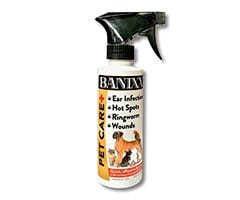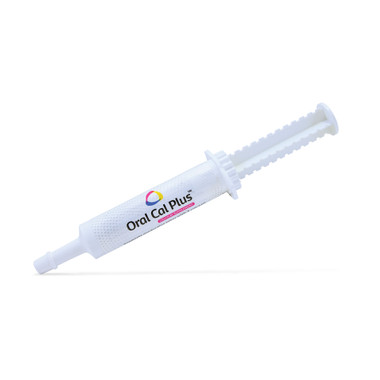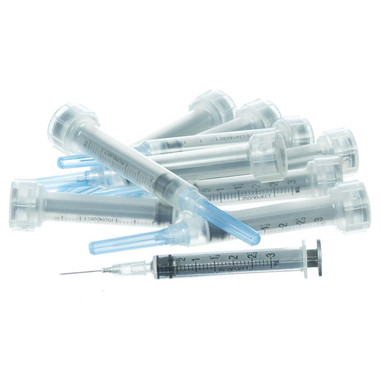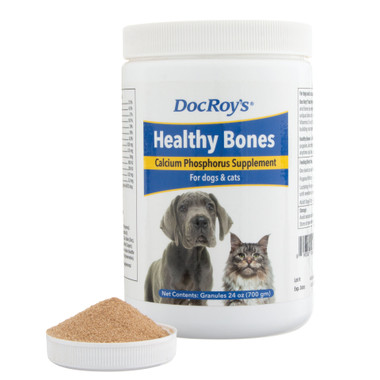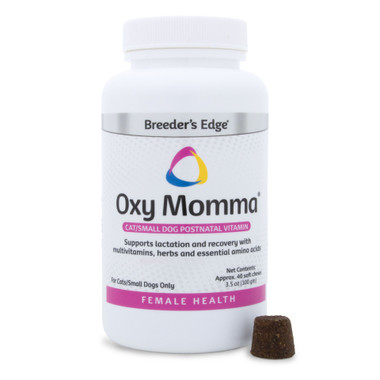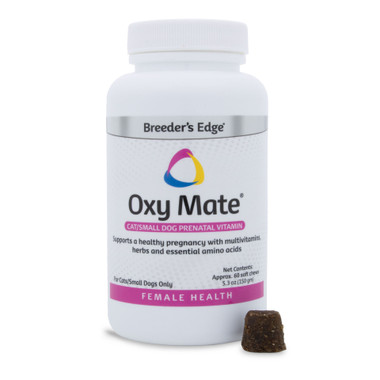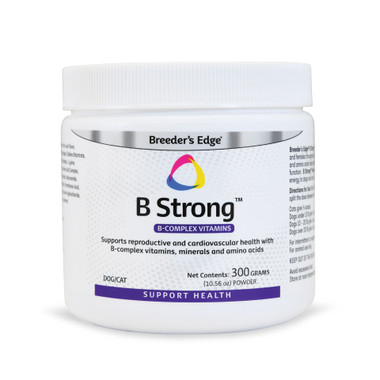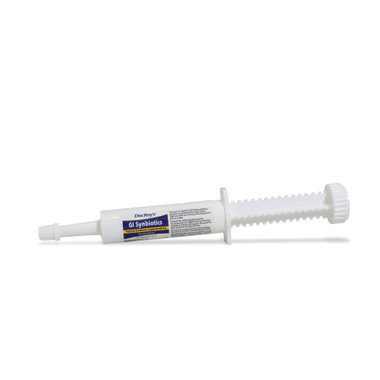What Can Cats Eat for Christmas?
Estimated 0 min read
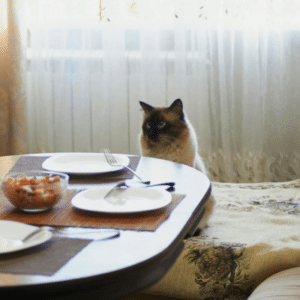
Christmas cat ready to feast.
Our feline friends, with their keen senses and curious natures, are often just as intrigued by what we lay out during the holiday season. And who can blame them?
But what does a cat-friendly Christmas dinner look like? Navigating the do’s and don’ts of holiday meals for cats can be a delightful yet intricate task.
This guide is crafted to help cat parents create a safe, nutritious, and utterly enjoyable Christmas feast for their beloved pets. Besides, we want to ensure that they’re part of the festive cheer in the healthiest way possible.
Facts About What Foods to Give Cats for Christmas
- Lean, unseasoned proteins like turkey and chicken are safe and nutritious for cats.
- Completely avoid toxic foods like chocolate, grapes, and onions
- Cooked bones, high-fat foods, and excessive seasonings can be lethal for cats.
Understanding Your Cat’s Nutritional Needs During the Festive Season
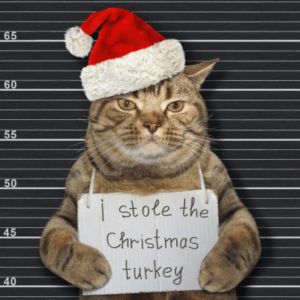 As the holiday season approaches, our homes fill with the aroma of delicious Christmas meals. Of course, it’s only natural to want to share this joy with our feline family members. However, before sliding a piece of turkey under the table to your purring companion, it’s crucial to understand the unique dietary needs of cats. This knowledge ensures that your cat not only enjoys the festivities but also stays healthy and happy.
As the holiday season approaches, our homes fill with the aroma of delicious Christmas meals. Of course, it’s only natural to want to share this joy with our feline family members. However, before sliding a piece of turkey under the table to your purring companion, it’s crucial to understand the unique dietary needs of cats. This knowledge ensures that your cat not only enjoys the festivities but also stays healthy and happy.
Cats are obligate carnivores, meaning their diet must predominantly consist of meat. This is not just a preference; it’s a biological necessity. Their bodies are finely tuned to process animal proteins and derive essential nutrients from them. Unlike humans, who are omnivores, cats have a limited ability to digest plant-based foods. This fundamental difference underpins every decision we make about feeding our cats, especially during special occasions like Christmas.
The feline digestive system is specialized for meat consumption. Cats require a range of specific nutrients that are readily available in animal tissues. Taurine, for instance, is an amino acid found exclusively in meat and is essential for heart health, vision, and reproduction in cats. A deficiency in taurine can lead to serious health issues. Similarly, arachidonic acid, a fatty acid found in animal tissues, is crucial for cats and not synthesized in their bodies. These nutritional specifics highlight why a piece of well-cooked, unseasoned turkey can be a good choice for your cat’s Christmas treat.
Moreover, cats have a different metabolism compared to other pets, which affects how they process fats and proteins. Their liver operates in a way that is always geared towards protein and fat metabolism. Basically, it’s unlike humans or dogs whose livers adapt based on their diet. This constant state of protein and fat processing underscores the importance of meat in their diet. And it emphasizes the risks associated with foods high in carbohydrates and sugars.
While we might be tempted to indulge our cats with rich, fatty foods during Christmas, it’s important to remember that their bodies are different. They are not equipped to handle such sudden and drastic changes. Foods that are high in fat can lead to gastrointestinal upset and more severe conditions like pancreatitis in cats. This is why moderation and careful selection of Christmas treats are key.
As we delve deeper into the festive season, keep these dietary principles in mind to ensure your cat’s continued health. And, that your cat enjoys the holidays, with you, just as much as you do. Now, let’s explore the specific foods that are safe for your cat to partake in during this festive season. Let’s ensure that they get a taste of Christmas without compromising their health.
Foods that Cats Can Eat for Christmas
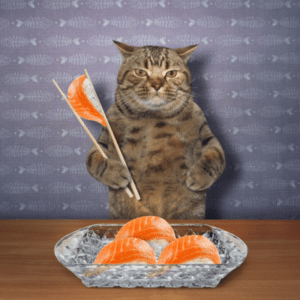
Moderation is key when feeding fish to cats.
As the holiday season twinkles into full swing, our kitchens become a hub of culinary delights. It’s a time when even our feline friends seem to take an extra interest in what’s cooking. But as responsible cat parents, it’s important to navigate the Christmas menu with wisdom. Let’s unwrap the safe and nutritious treats that can make your cat’s Christmas both merry and bright.
Turkey
Turkey, the centerpiece of many Christmas dinners, can also be a feline favorite. When it comes to cats, the best part of the turkey for them is the lean, white meat. This segment is low in fat and high in protein, aligning perfectly with your cat’s carnivorous dietary needs. However, remember to remove the skin and any bones. The skin is high in fats that can upset your cat’s stomach, and cooked bones can splinter and pose a choking hazard or cause internal damage.
Salmon
Salmon, rich in omega-3 fatty acids, is a fantastic treat for cats. These fatty acids are beneficial for your cat’s coat and skin health and support their immune system. When serving salmon, ensure its cooked and unseasoned. Raw salmon, like other raw meats, can contain harmful bacteria. And seasonings, applied to salmon, can contain ingredients that are harmful to cats. Moderation is key, too much fish can lead to a vitamin E deficiency, causing painful conditions like steatitis (inflammation of fatty tissues).
Ham
While a small piece of cooked ham can be a tasty treat for your cat, it’s important to limit the amount. Ham is typically high in fat and salt, which are not ideal for cats. Excessive salt intake can lead to dehydration and other health issues, so it’s best to keep the ham portions very small.
Vegetables
Believe it or not, some vegetables can be a healthy addition to your cat’s festive meal. Steamed or boiled veggies like carrots, Brussel sprouts, and parsnips can be a good source of fiber and vitamins. However, they should be served plain, without any added butter, salt, or seasonings, which can be detrimental for cats.
Foods that Cats Can’t Eat for Christmas
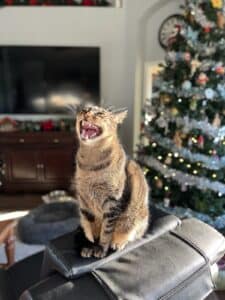
Begging for a Christmas treat.
While the holiday season is a time of indulgence, it’s also a period where our feline friends face a minefield of dietary no-nos. Understanding which festive foods to keep off your cat’s plate is crucial for their health and well-being. Let’s examine the science behind why certain Christmas staples are on the naughty list for cats.
Sweets – Most of Them
Chocolate, a ubiquitous treat during the holidays, is a big no for cats. Theobromine and caffeine, two compounds found in chocolate, are particularly toxic to our feline companions. These substances can overstimulate cats’ nervous systems and lead to symptoms like vomiting. diarrhea. It may even develop into more severe reactions such as seizures. Darker chocolates contain higher levels of theobromine and pose a greater risk. Consequently, it’s best to keep all chocolatey treats out of paw’s reach.
Grapes
Grapes, raisins, and their festive appearances in Christmas cakes and puddings are also hazardous to cats. These fruits can cause sudden kidney failure in cats. This area of knowledge is widely perplexing to veterinarians due to its unpredictable nature. Even small amounts can be dangerous, so it’s best to ensure your cat steers clear of these seemingly innocuous treats.
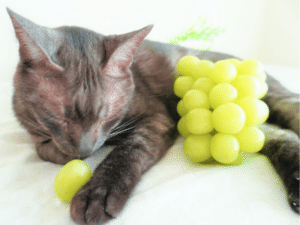
Grapes are hazardous to cats
Aliums like Onions or Garlic
Now these items are definitely off the kitty palate. Onions and garlic, often hidden in savory dishes like stuffing and gravy, are lethal to cats. They contain compounds that can damage red blood cells, leading to a condition called Heinz body anemia. This condition reduces the red blood cells’ ability to carry oxygen, resulting in lethargy, weakness, and in severe cases, organ damage.
High-Fat Foods
Rich, fatty foods like gravy and certain cuts of meat can lead to gastrointestinal upset in cats. More seriously, they can cause pancreatitis, an inflammation of the pancreas that can be painful and life-threatening. The pancreas plays a vital role in digestion and regulating blood sugar. When it’s inflamed, it can lead to a host of complications.
Any Cooked Bones
While it might seem natural to offer a cat a bone to chew on, cooked bones are a definite no. Cooking makes bones brittle and prone to splintering. These splinters can cause choking, obstruct the digestive tract, or even puncture the intestines.
How to Prepare a Christmas Feast for Your Cat
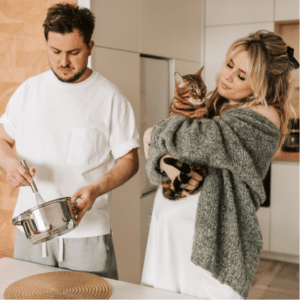
Preparing your cat’s Christmas food.
Step 1: Select Your Protein
Begin by choosing a suitable protein for your cat, such as turkey or chicken. These meats are not only a festive choice but also align well with your cat’s dietary needs. When cooking, it’s essential to keep it plain and simple. Cook the meat thoroughly to ensure it’s safe for consumption. And, after cooking, let the meat cool down to a cat-friendly temperature.
Step 2: Remove Any Hazardous Scraps
Once the meat is cooked, the next crucial step is to remove any bones. Cooked bones can be particularly hazardous as they tend to splinter, risking a choke or causing internal damage if ingested. It’s also a good idea to trim off any excess fat. As we’ve said, high-fat foods can be hard for cats to digest and may lead to pancreatitis.
Step 3: Add Some Veggies
While cats are obligate carnivores, a small portion of vegetables can be included for variety. Suitable options include steamed carrots, peas, or green beans. Ensure these are cooked without any added seasonings or fats (yes, we’re going to repeat it again because it’s imperative to never add these seasonings to your cat’s food – seriously). Chop them into small, manageable pieces to prevent choking and make them easier for your cat to eat.
Step 4: Remember to Control Portion Sizes
Portion size is key in preventing overfeeding. Treats and special meals like this should only constitute a small portion of your cat’s daily caloric intake. A good guideline is to ensure that this festive meal does not exceed 10% of their total daily food requirement. This helps maintain a balanced diet and prevents weight gain.
Now, despite our best efforts, cats can be quick and sneaky, sometimes getting into foods they shouldn’t. If you suspect your cat has ingested something toxic, it’s important to act quickly. Signs of food toxicity in cats can include vomiting, diarrhea, lethargy, or more severe symptoms like tremors or seizures.
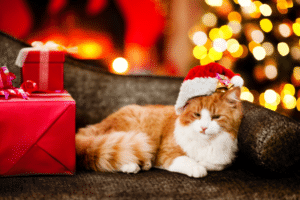
Resting after a healthy meal
In such situations, immediate veterinary attention is crucial. Your vet may instruct you on specific first aid measures or ask you to bring your cat in for an examination. It’s helpful to inform the vet about the type of food ingested and the approximate amount. This information can guide their treatment plan.
Remember, the holiday season should be a time of joy and celebration for everyone in the family, including our furry companions. You can prepare a safe and nutritious Christmas meal for your cat, remaining vigilant about potential hazards. Finally, you can ensure that this festive season is filled with happy memories and free of any unwelcome surprises.
Let’s wrap up our festive journey by creating the perfect Christmas meal for your cat. Clearly, the holiday season can be as joyous for our feline friends as it is for us. Remember their unique dietary needs and carefully select their holiday treats. In this way, we can ensure that our beloved pets enjoy the festivities in the healthiest way possible.
Remember, the spirit of the season is about sharing love and care. What better way to show this than by considering the wellbeing of our furry family members. For more insights and tips on keeping your cat happy and healthy throughout the year, keep visiting our Banixx catblog. We’re dedicated to providing you with the best resources and advice to nurture the special bond you share with your pointy-eared pal! Or, are you dealing with anear infection? Orhot spots?..or are you just in a mood to read about whydoes my cat get hairballsorwhy doesmy cat love catnip? Yep, we’ve got some answers for you!
Need some antiseptic for any of the above? Just getBanixx Pet Care. It provides quick, feline-friendly relief for any bacterial or fungal issues with no mess, no fuss and great affordability!
Sources
https://www.bellaandduke.com/learn/cat-nutrition/cat-christmas-dinner/
https://protectapet.com/en-us/blogs/blog/christmas-dinner-and-cats-what-can-they-eat
https://www.dailypaws.com/cats-kittens/cat-nutrition/what-can-cats-eat/christmas-foods-cats-can-eat
https://vethelpdirect.com/vetblog/2020/12/22/what-christmas-treats-can-i-give-my-cats/
https://www.thedodo.com/dodowell/christmas-food-for-dogs-cats
https://yumove.co.uk/blogs/health-guides/a-cat-s-christmas-dinner
https://petkeen.com/foods-for-cats-on-christmas/



